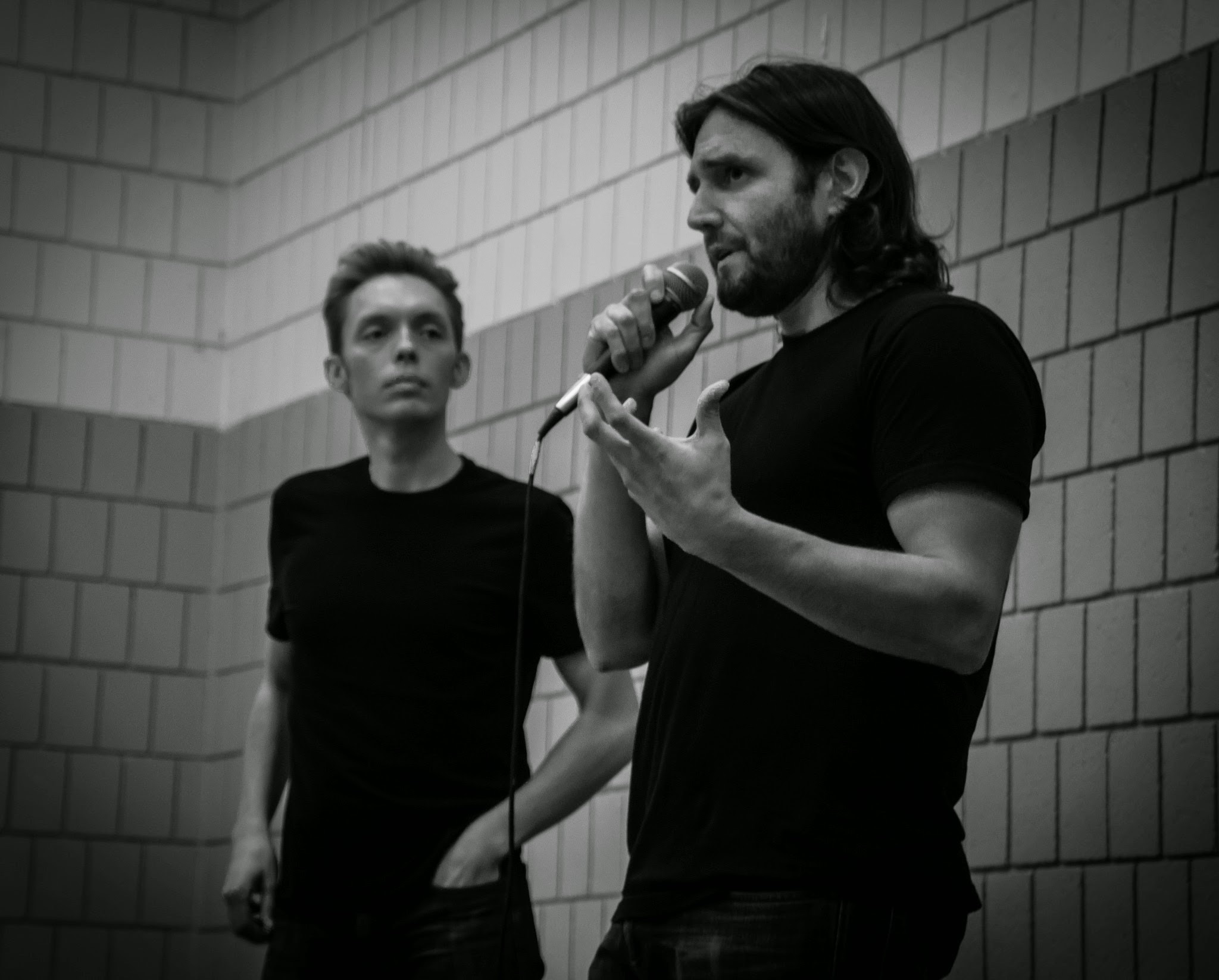Views expressed in opinion columns are the author’s own.
My freshman year dorm room looked like a page out of a furniture catalog desperately vying for customers. Tapestries lined our walls, string lights obnoxiously hung from our ceilings and every other square foot of 2127 Caroline Hall was plastered with stuff. Granted, we didn’t have much room to work with, but, all in all, our room was flat out cluttered with things we didn’t need.
Minimalism, in contrast, combats this tendency to own more than we need. “Minimalism: A Documentary About the Important Things” is a documentary by Joshua Millburn and Ryan Nicodemus that forces its audience to reevaluate their possessions. The term describes a lifestyle in which one owns only absolute necessities rather than building up stockpiles of useless junk.
Millburn and Nicodemus explore minimalism through the lens of American consumerism and excessive personal possessions, arguing that, with fewer physical items, Americans can lead happier and more content lives. “Minimalists don’t focus on having less, less, less; rather, we focus on making room for more: more time, more passion, more experiences, more growth, more contribution, more contentment,” the two write on their website.
It may be difficult to conceptualize materialism because it’s an integral part of daily life. A study of 1,000 American women found the average woman owned a whopping 103 items of clothing. On top of that, the average American woman claims 21 percent of her clothing is unwearable and she won’t ever wear 12 percent of her wardrobe. Even more shockingly, women under 25 are predicted to spend around $200,000 on clothing over their lifetime.
Often times, people are stuck on the “hedonic treadmill,” a faulty and endless cycle of excessive consumption of material goods in pursuit of happiness, according to psychologist Daniel Kahneman. With minimalism, this cycle can be easily halted. And thankfully, this is a lifestyle that can be easily adopted in college with simple, physical decluttering of spaces and an honest reevaluation of the things we need.
Before deciding whether to throw away an object, one should consider whether it serves a purpose. Millburn says he only owns possessions that add genuine value to his life. “Each of my belongings — my kitchenware, furniture, clothes, car—functions either as a tool or gives some sort of positive aesthetic value to my life,” he said in an interview. “That is, as a minimalist, every possession serves a purpose or brings me joy.”
Besides being a cheap lifestyle that requires nothing new, minimalism has the potential to combat American consumerism. It forces individuals to consider the value of material goods, the ways to avoid unhealthy consumerist desires and what it means to be content with what you have.
Maris Medina is a sophomore journalism major. She can be reached at marismedina29@gmail.com.



